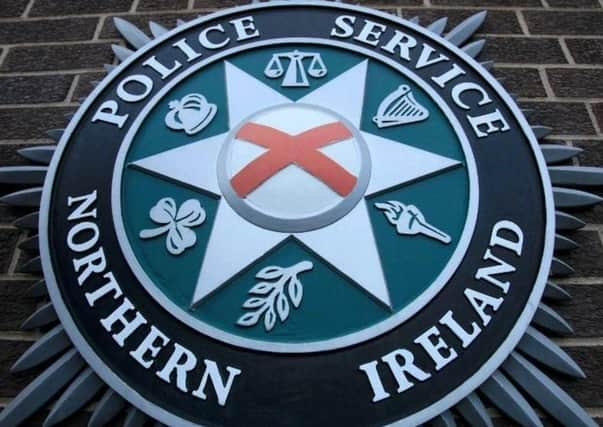PSNI ‘lacks requisite independence to investigate two Troubles incidents’, Supreme Court hears


Seven Supreme Court judges based in London are hearing arguments relating to proposed police investigations into the killing of a Catholic woman in 1972 and the treatment of 12 people, who have become known as the “hooded men”, detained in 1971, at a remote hearing due to end on Wednesday.
Lord Hodge, Lord Lloyd-Jones, Lord Kitchin, Lord Sales, Lord Hamblen, Lord Leggatt and Lord Burrows have been asked to consider issues relating to the shooting of 24-year-old Jean Smyth in Belfast and the detention of the “hooded men”, following rulings by judges in Northern Ireland.
Advertisement
Hide AdAdvertisement
Hide AdBarrister Tony McGleenan QC, who represents the Police Service of Northern Ireland, told judges on Tuesday that the force did not lack the independence to investigate.
But a barrister representing Mrs Smyth’s sister, Margaret McQuillan, and Francis McGuigan – one of the “hooded men” – disagreed.
Hugh Southey QC told judges that one case concerned the fatal shooting of an “unarmed young mother” in circumstances “implicating British Army personnel”.
He said the other concerned “state-sanctioned torture and/or inhuman and degrading treatment”.
Advertisement
Hide AdAdvertisement
Hide AdMr Southey said the Police Service of Northern Ireland “lacks the requisite independence”, under articles of the European Convention on Human Rights, to investigate the killing of Ms Smyth and the torture of the “hooded men”.
“That is because an independent, fair-minded observer would find that there was a real risk of bias in any investigation undertaken by the Police Service of Northern Ireland into those matters,” he said in a written argument.
“Such an assessment would necessarily be informed inter alia by the judicial and other independent findings of serious failings in the Police Service of Northern Ireland’s investigatory processes in legacy cases involving allegations of state involvement or collusion.”
Mr Southey says two issues arise in both cases – the “applicability of investigatory obligation” imposed by articles of the European Convention on Human Rights and the independence of the Police Service of Northern Ireland.
Advertisement
Hide AdAdvertisement
Hide AdHe says Mrs Smyth’s sister and Mr McGuigan are entitled to “effective, independent investigation”.
Amnesty International, which has supported a campaign by the “hooded men”, also wants independent investigations.
Lawyers representing the Police Service of Northern Ireland asked the Supreme Court to consider the case, following court hearings in Northern Ireland.
Judges are also hearing arguments from lawyers representing Northern Ireland Secretary Brandon Lewis.
Advertisement
Hide AdAdvertisement
Hide AdA Supreme Court spokeswoman said in a written explanatory note that judges were considering whether the Legacy Investigations Branch of the Police Service of Northern Ireland was “sufficiently independent” to investigate Mrs Smyth’s death, or other “such deaths”.
The spokeswoman said an investigation was planned by the Police Service’s Legacy Investigations Branch but, before it began, Mrs Smyth’s sister had taken legal action and raised issues relating to independence.
She said judges would also consider whether the Police Service of Northern Ireland was “sufficiently independent” to carry out “any necessary investigation” into the treatment of the “hooded men”.
MORE NEWS:
Advertisement
Hide AdAdvertisement
Hide AdA message from the Editor:
Thank you for reading this story on our website. While I have your attention, I also have an important request to make of you.
With the coronavirus lockdown having a major impact on many of our advertisers - and consequently the revenue we receive - we are more reliant than ever on you taking out a digital subscription.
Subscribe to newsletter.co.uk and enjoy unlimited access to the best Northern Ireland and UK news and information online and on our app. With a digital subscription, you can read more than 5 articles, see fewer ads, enjoy faster load times, and get access to exclusive newsletters and content. Visit https://www.newsletter.co.uk/subscriptions now to sign up.
Advertisement
Hide AdAdvertisement
Hide AdOur journalism costs money and we rely on advertising, print and digital revenues to help to support them. By supporting us, we are able to support you in providing trusted, fact-checked content for this website.
Alistair Bushe
Editor